
The Free Press

Today in The Free Press, we bring you the extraordinary story of Jimmy Menkaus.
Until recently, all the big decisions Jimmy had made in his life were defined by the fact he had cystic fibrosis. The disease meant he’d be dead by his mid-thirties. In light of this, Jimmy was in a hurry to make sense of his short life. He wanted to know what it meant and what kind of God would do this. Jimmy also avoided some of the big things that give many of us purpose—matters like marriage and a family.
By 2019, Menkaus was 39, sick, and sure he was close to the end of his life. Then he took a trial drug called Trikafta.
The results were miraculous: the drug stopped the disease in its tracks. Trikafta had saved Jimmy’s life—but also turned his world upside down.
“When I was younger, I was older, but now that I’m older, I’m younger,” Jimmy tells his friend and Free Press contributor Jeff Bloodworth.
Jeff tells Jimmy’s story, and what happened when he was suddenly given decades more life.
Jimmy Menkhaus was 15 when he first learned he’d be dead by his mid-30s.
It was a cold morning in Cincinnati on March 4, 1996, and his dad, Ed, was driving him in their brown Chevy Silverado to St. Xavier, a Jesuit high school where Jimmy was a freshman. Jimmy was reading aloud an article in the school paper, The Blueprint, about a chemistry teacher named Andrew Leudeke who was fighting for his life.
Just like Jimmy, Leudeke had cystic fibrosis. CF, as patients often call it, is an inherited disorder affecting 30,000 Americans that damages the lungs and digestive tract, producing a thick mucus that gradually overtakes the breathing passages and suffocates people with the disease.
Jimmy was fascinated. At the time, he knew very little about the disease. None of his family or friends had it. There was no internet to speak of. He had his inhalers, medical vest, compressor, and medications—all of which were supposed to help clear away the mucus gradually enveloping his lungs—but no one ever told him how long he could expect to go on like this. His parents, he later learned, thought it better not to burden him with that.
Now, the article in his hands was telling him it was a miracle that Leudeke was still alive at 35. It said he should have died ten years ago, and it went on to state he would almost definitely be gone soon.
Stunned, Jimmy stopped reading and put the paper down.
“That means I have lived half my life,” he told his dad.
Is Joe Biden paying a political price for his support for Israel?
Whatever you think about this administration’s Middle East policy, Biden’s rhetorical support for Israel since October 7 has been unwavering—much to the dismay of progressives in his party.
A civil war has erupted in the Democratic Party over the issue in recent weeks, and progressives have been determined to make the president pay a political price for his support of one of America’s closest allies. “I want [Biden] to know as a Palestinian American and also someone of Muslim faith, I’m not going to forget this,” said Rep. Rashida Tlaib at a recent rally.
Meanwhile, moderate pro-Israel Democrats are keen to paint the president’s opponents as nothing more than their party’s fringe. One such figure is Rep. Ritchie Torres, a lawmaker from New York who has tangled with Squad members like Tlaib on many occasions in the past.
When I spoke to Torres this week, he pointed out that the leaders of his party in both the Senate and the House have, like Biden, been “unequivocally pro-Israel.” Last week, nine Democrats voted against a House resolution condemning Hamas and backing Israel—a gauge of the extent of hard-line anti-Israel sentiment in Washington.
“I represent the mainstream of the Democratic Party,” Torres told me, “whereas members like Ilhan Omar represent the fringe. I would hardly call that a divide. A divide would seem to suggest that the Democratic Party is split between the two of us. Quite the contrary. With the exception of a visible, vocal minority, just about every congressional Democrat supports Israel’s right to defend itself in the face of unprecedented terrorism.”
But the polls suggest there might be more to the story—and that Biden might not be able to brush off progressive complaints quite as easily as Torres suggests. A Gallup poll published last week recorded an 11-point drop in Biden’s approval rating from September to October, resulting in the lowest approval yet from his party.
Commenting on the steep fall, Gallup’s Megan Brenan said that “Although the survey is not designed to allow for statistically reliable estimates for any subset of the three-week polling period, the daily results strongly suggest that Democrats’ approval of Biden fell sharply in the aftermath of the October 7 attacks by Hamas and Biden’s promise of full support for Israel on the same day.”
Another recent survey, by Quinnipiac, found that a majority of all voters under 35 say they disapprove of the United States sending weapons and military support to Israel in the wake of Hamas’s attack.
Biden’s position on Israel is broadly popular among the electorate as a whole. One survey found just 18 percent of Americans thought that the administration was doing too much to support Israel. But demographic and ideological shifts in the Democratic Party risk making Israel-Hamas a real liability to Biden among his party’s base. A Gallup poll from March showed that, for the first time ever, a majority of Democrats said they were more sympathetic to the Palestinians than to Israel.
The upshot: the president has a limited supply of political capital and a palpable enthusiasm problem ahead of a reelection bid. And he leads a party at war with itself over arguably the most acute geopolitical crisis of his presidency.
One of the big themes in our coverage of the Israel-Hamas war has been the way it engages so many different geopolitical considerations, from the regional to the global.
As chair of the House Select Committee on China, Rep. Mike Gallagher spends most of his time thinking about the Far East. Writing in The Free Press today, he explores one underappreciated way in which China is influencing events in the Middle East: via TikTok. Gallagher argues that the Chinese-owned social media platform is distorting the debate about Israel here in the U.S. Perhaps that’s why one recent poll found that 51 percent of Americans ages 18–24 believe Hamas was justified in its brutal terrorist attacks on innocent Israelis.
Read his case for Congress to take action and ban TikTok:
According to a Harvard/Harris poll, 51 percent of Americans ages 18–24 believe Hamas was justified in its brutal terrorist attacks on innocent Israeli citizens on October 7.
I read that statistic at a time where I thought I’d lost the capacity to be shocked. For weeks, I’ve seen the clips and read the firsthand stories documenting Hamas’s atrocities: burned bodies, decapitated babies, raped women, children tied together with their parents, mutilated corpses. I’d seen the rallies on elite campuses celebrating Hamas’s murderous cause, the faculty letters excusing the terrorists. I thought I had grasped the extent of the moral rot. I thought I had seen the bottom.
But I hadn’t.
How did we reach a point where a majority of young Americans hold such a morally bankrupt view of the world? Where many young Americans were rooting for terrorists who had kidnapped American citizens—and against a key American ally? Where were they getting the raw news to inform this upside-down world view?
The short answer is, increasingly, via social media and predominantly TikTok.
On our radar. . .
→ Israeli academics call out U.S. counterparts: Here at The Free Press, we’ve covered the spinelessness of university administrators in the face of hate on campus in the weeks since October 7. Now the Association of University Heads in Israel has written to their counterparts in America and Europe to “express deep concern over the discourse emanating from academia following the devastating Hamas attack. . . and the inadequate response, in many cases, by academic leadership.”
The Israeli college leaders write of campuses in America and Europe:
[M]any college campuses have become breeding grounds for anti-Israel and anti-Semitic sentiments, largely fueled by a naive and biased understanding of the conflict. It is ironic that the very halls of enlightenment in America and Europe, ostensibly the bastions of intellectual and progressive thought that are your campuses, have adopted Hamas as the cause célèbre while Israel is demonized. Universities, as hubs of enlightenment and rational discourse, must take responsibility for the views they perpetuate.
Read the full letter here.
→ Why aren’t the American hostages receiving more attention? Over at Marginal Revolution, Tyler Cowen asks a good question:
I remember the much earlier Iranian hostage crisis, when many Americans even knew the identities and life stories of individual hostages. It was a front-page item almost every day. As I am composing this post (the day before), I don’t see it on the NYT front page at all. Same with WaPo, though they do have “Biden hosts Trick or Treaters at the White House.” If you consider this New Yorker story, well yes it covers the American hostages somewhat, but it is nothing close to what I might have expected. They are not even the article lead. So why so little coverage?
→ The trouble with a cease-fire: As the fighting in Gaza continues, so do calls for a cease-fire. If you’re unsure about why such a suggestion is an impossibility, consider this recent interview with a Hamas spokesman on Lebanese television.
We must teach Israel a lesson, and we will do this again and again. The Al-Aqsa Flood is just the first time, there will be a second, a third, a fourth.
He makes clear that the annihilation of Israel is his organization’s goal, and claims full Israeli responsibility for all of Hamas’s actions. “Everything we do is justified,” he says. Watch the whole thing.
→ Find my car: Amid a surge in carjackings, Washington, D.C. mayor Muriel Bowser is piloting a new scheme to tackle the problem: free digital tags for D.C. residents to track their stolen cars. In theory, the tags should make it easier for the police to do their jobs. But knowing the location of a car is only useful when you’re allowed to pursue it—something the District’s “no chase” all but forbids. Even The Washington Post thinks this is dumb.
→ Newsom plays president: Paging all Gavin Newsom fans. (*cough* Nellie Bowles *cough*) Here’s a comprehensive roundup of all the pictures of the governor looking statesmanlike on his recent trip to China. Newsom’s presidential pose was no coincidence. Politico notes that Newsom hired Charles Ommanney, a photographer with extensive White House experience, to accompany him on the trip.
For more from The Free Press, read the account of an anonymous employee at Britain’s foremost left-leaning newspaper: “I’m a Jew at ‘The Guardian.’ I Don’t Feel Safe at Work.”
And to support our independent journalism, become a Free Press subscriber today:


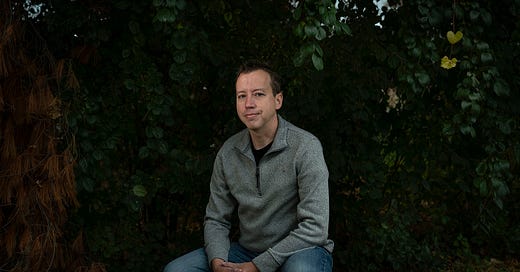

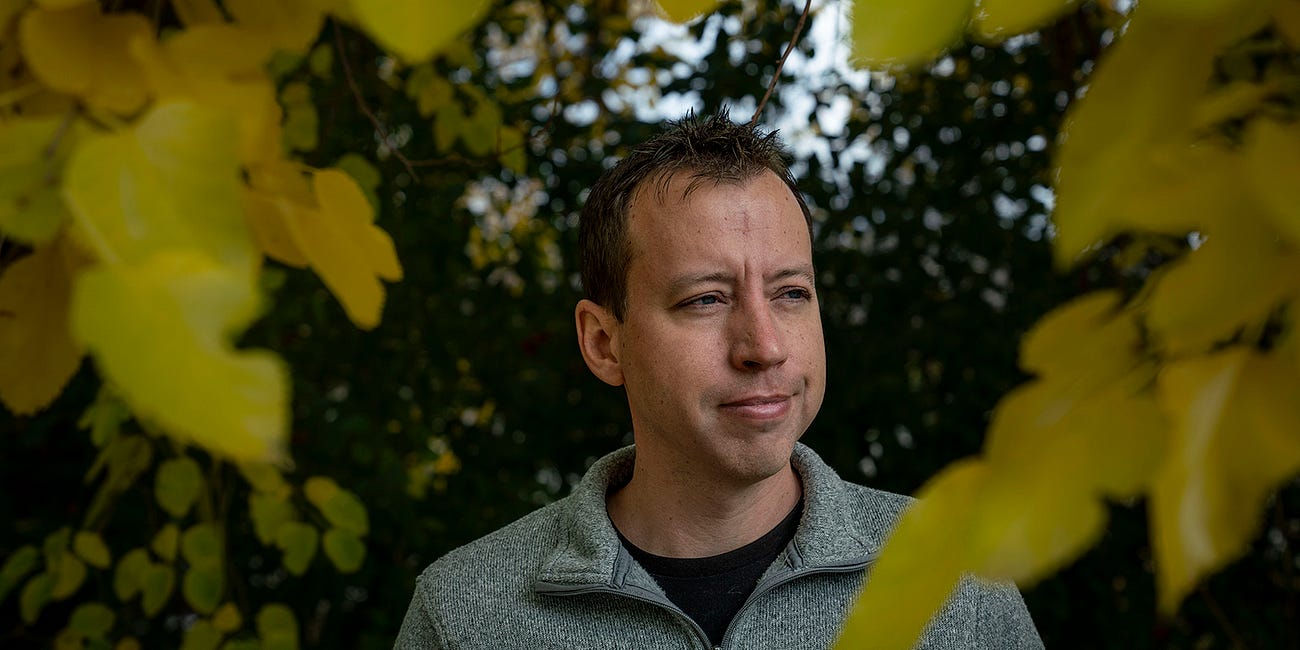





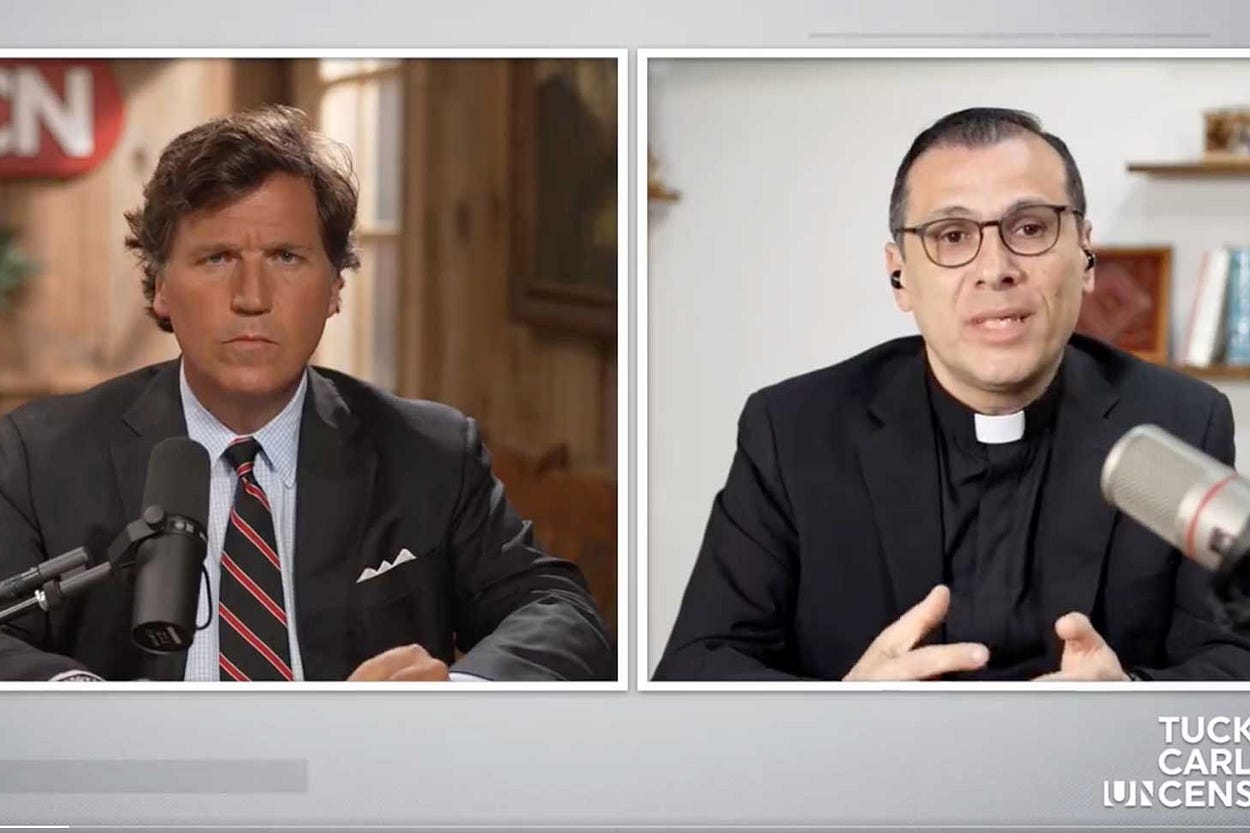

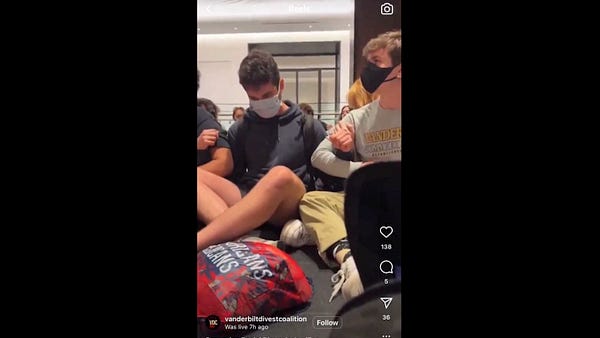

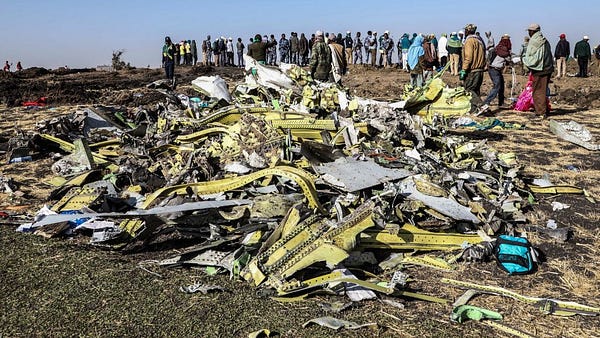

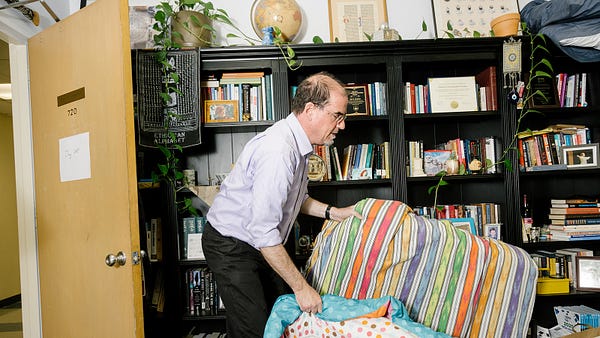

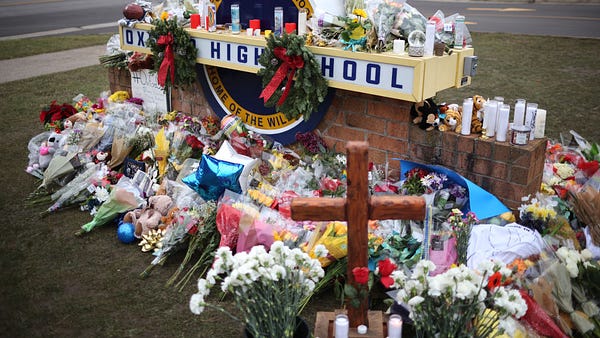

Big sigh...
I really think you need a full story on Tik Tok.